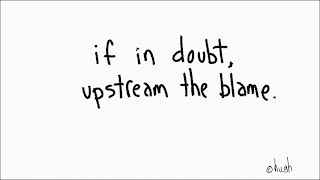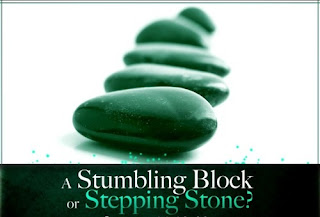So much of our western orientation of belief and intellect is based on demonstrable proof. We are children of the scientific revolution. Yet our religious forebears had a much easier time seeing themselves in story, believing in the miraculous, humbling themselves before awesome wonders.
Again I could answer "yes and no" to this question. I do not have a direct visual experience of God like Thomas. But, I have had a direct experience of God which served to underscore a sense of certainty in faith. As I laid on an operating table spending precious moments with our three children, born premature, there was a presence and strength that cannot be wrapped up in words. And those moments changed me, rearranged, me, put everything I thought I *knew* into a different realm. When it is dark and I feel alone, I *know* that I am not. I can feel totally forsaken, yet find strength in seeking the light.
Once the scales fell from my eyes, I began to see God in all things. There is a sweet surrender to finding your vision infused with the divine. Yes, there are still valleys in this life; but even in the darkest darkness I sense light.
I love this verb: to abide. If we abide in Him and He in us, then we know real peace and joy. That has been the goal of my journey through Lent: to spend more time in quiet contemplation, to rely less on friends, food, even my spouse to fulfill my needs. Balance comes in knowing the Beloved and putting that relationship first. Sometimes it is an awkward lean; sometimes it is a full embrace; sometimes it is a straining reach. If I lose balance, I become like Thomas: I doubt, I revel in anxiety, I wallow in my sense of self and all of its shortcomings. But, if I abide in His love, my balance is restored, my vision made clear, the light which seemed to allude me suddenly appears over the hills.


We are indeed blessed beyond measure. May we continue to seek that which propelled us into the desert at the start of Lent. May our vision be made finer, our senses made more alive, our souls attuned to the new creation of His Kingdom. Happy Easter eve to all those who have undertaken this journey; may you find yourself refreshed in this holy season.





































